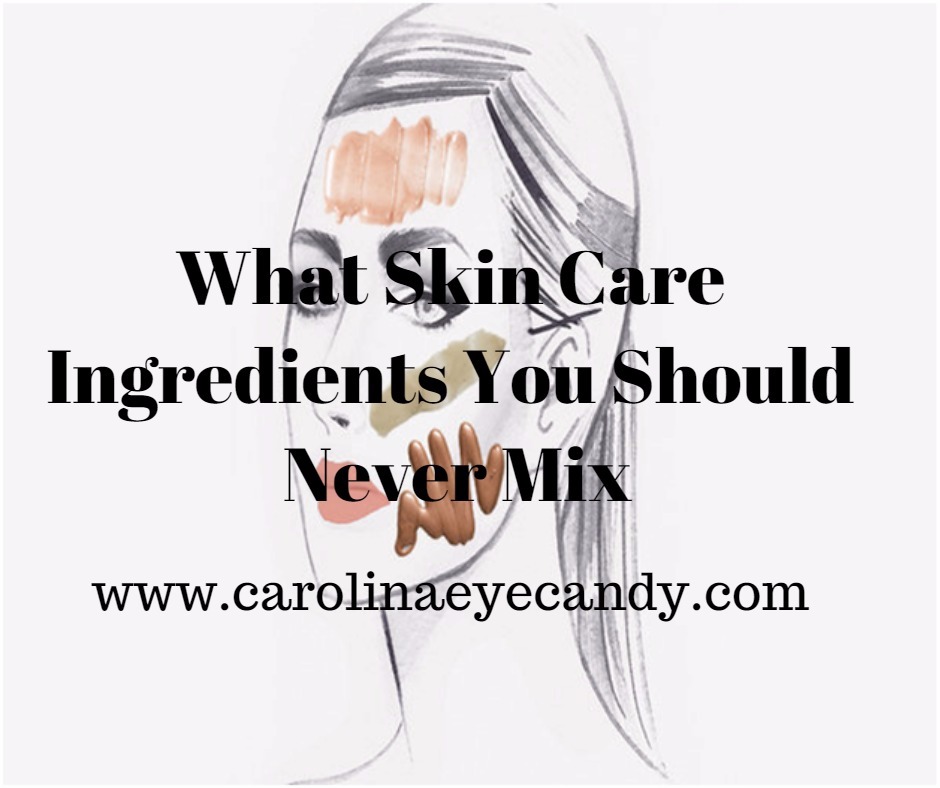There are already many skin care products available now in the market and within these products are various ingredients that make the products effective in their uses. These mixtures of products are fine because they are specially researched, tested and proven by researchers and manufacturers, so rest assured that they are fine to use. However, many people try their hands experimenting skin care remedies at home to lessen their routine cost without much research on what they were doing. This may cause harm to the skin if ingredients are used without enough knowledge.
The ingredients listed below should never be mixed:
1.) Salicylic Acid and Retinol
These two ingredients are too potent individually, how much more if mixed together. The combination of these two can cause peeling, irritation and redness. Retinol is commonly used as anti-aging while salicylic acid is effective against blackheads and congested pores.
2.) Vitamin C and AHAs
When combined, these two ingredients only cancel out each other. AHA or Alpha Hydroxy Acid only makes Vitamin C inactive because this exfoliant has a relatively strong pH level. They are best used separately in brightening the skin and smoothing out rough patches. AHAs are best in treating acne, fine lines and hyperpigmentation. Vitamin C, on the other hand, has more antioxidants that could protect against aging.
3.) Scrub Exfoliants and Retin-A
Retin-A is an ingredient that is used in treating discoloration, roughness and wrinkles. It is also recognized by dermatologists and doctors by its capability of making the skin renew itself. However, it dries out the skin, so using a scrub exfoliant with it shouldn’t be done.
4.) Benzoyl Peroxide and BHA
Benzoyl Peroxide and Beta hydroxy acid (BHA) are both used for exfoliating. If combined, they can cause skin irritation, redness, peeling and even breakouts.
5.) Antimicrobials and probiotics
Probiotics contain living bacteria that are used in less inflamed and clearer skin. They can even reduce the instances of having dermatitis. Usual antimicrobials like tea tree oil, sulfur, benzoyl peroxide and citrus can kill these bacteria, so they shouldn’t be mixed together.
